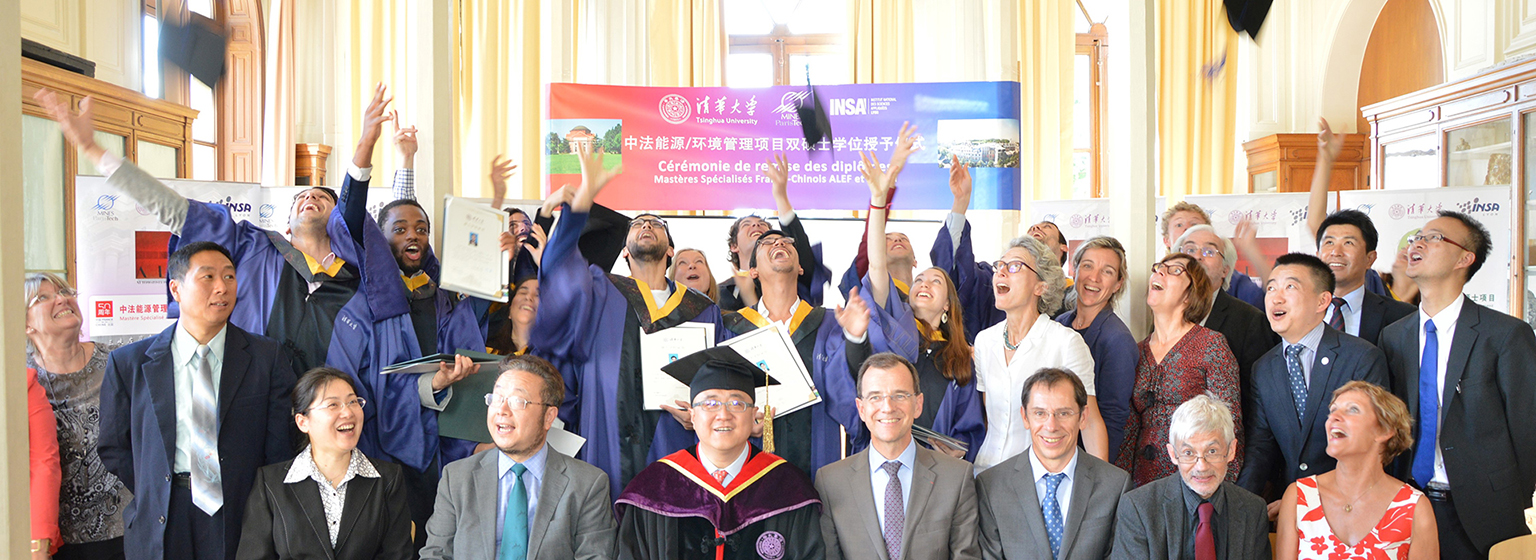课程编号:70050262
课程名称:废水生物处理的数学模型与新技术
课程学时:32
课程学分:2
授课语言:中文
课程简介:目前,我国经济的快速发展也带来了久治难愈的环境污染问题,我国城市污水处理的排放标准不断提升,需要高水平的运行与控制技术,对相关从业人员提出了新的要求。本课程围绕污水生物处理技术,精炼介绍污水生物处理技术的发展历程,讲解污水生物处理的动力学基础,着重于污水生物处理数学模型的推演,并通过上机实践使学生亲自动手设计、使用模型解决工程问题。本课程内容如下:(1)通过讲解污水生物处理相关技术的发展历程,使学生了解经典的污水生物处理方法及其原理,触类旁通用于自身科研活动。(2)通过讲解经典模型以及IAWQ、ASM等模型,介绍污水生物处理的模拟计算方法;通过上机实践操作VensimPLE、GPS-X等软件,为学生提供模型计算模拟的动手体验,使学生能够将数学模型的思维应用于科研。(3)通过三个主题的研讨课,让学生了解数学模型在技术发展和工程实践中的应用,充分了解现有技术的优点和不足。(4)介绍污水处理领域前沿发展方向,为学生今后的学习工作提供专业基础。
The rapid development of China's economy has also brought about the long-standing problem of environmental pollution, and the rising discharge standards of China's urban wastewater treatment require a high level of operation and control technology, placing new demands on the relevant practitioners. This course provides a concise introduction to the development of biological wastewater treatment technology, explaining the kinetic basis of biological wastewater treatment, focusing on the derivation of mathematical models of biological wastewater treatment, and enabling students to design and use models to solve engineering problems through hands-on practice. The course content is as follows: 1) through the introduction of the development of wastewater biological treatment related technologies, students will learn about classical wastewater biological treatment methods and their principles, which can be used in their own research activities by analogy; 2) through the introduction of classical models and models such as IAWQ, ASM, etc., the simulation of biological treatment of wastewater, and through hands-on experience with VensimPLE, GPS-X and other software, it provides students with hands-on experience of model calculation and simulation, enabling them to apply the thinking of mathematical models to scientific research; 3) students are introduced to the application of mathematical models in technological development and engineering practice through three thematic seminar sessions, and fully understand the strengths and weaknesses of existing technologies; 4) to introduce cutting-edge development directions in the field of wastewater treatment and provide students with a professional foundation for their future study and work.





